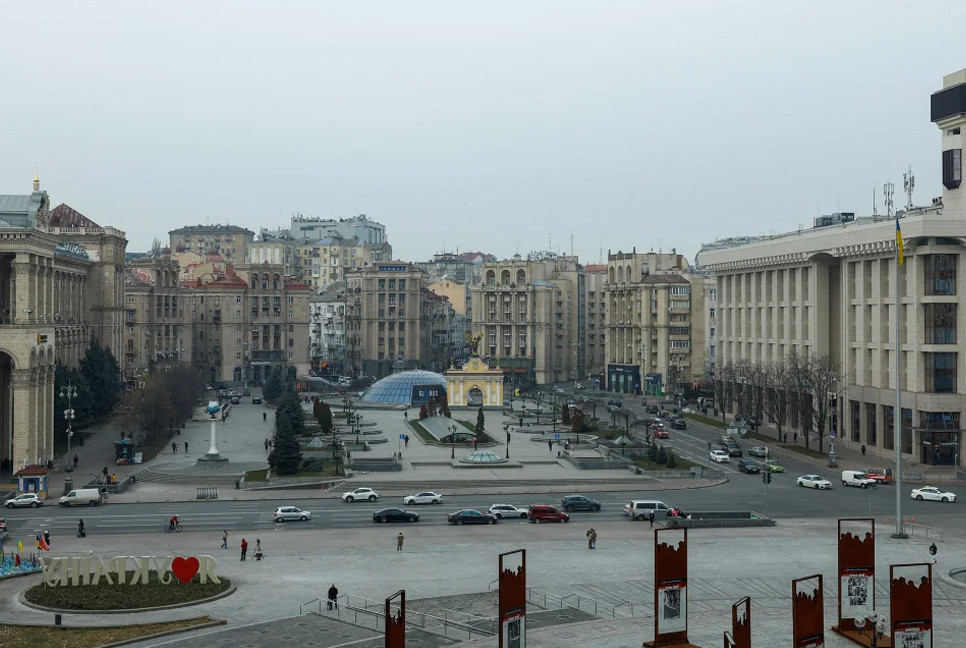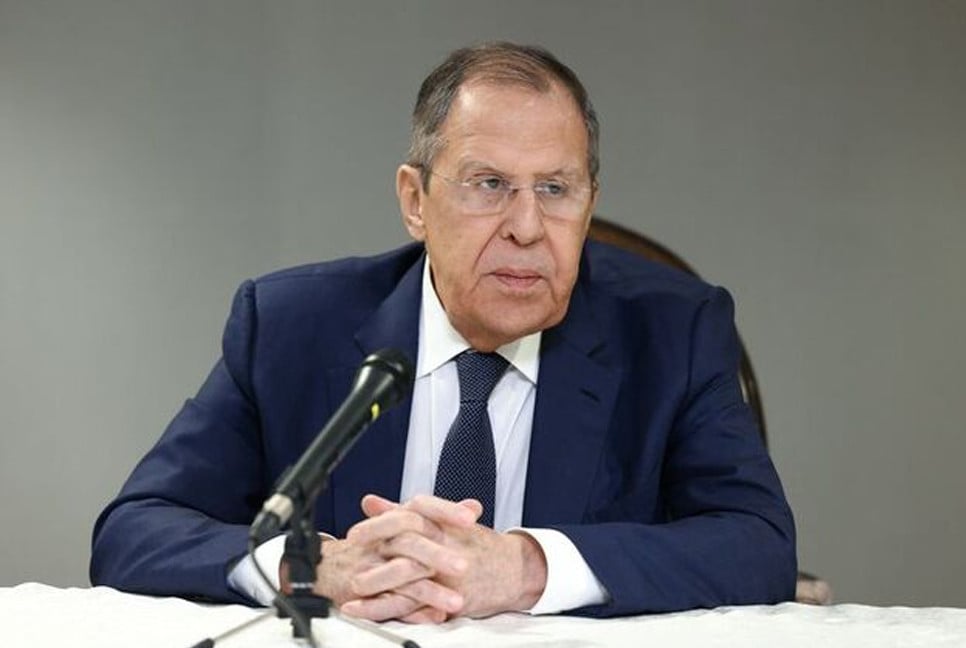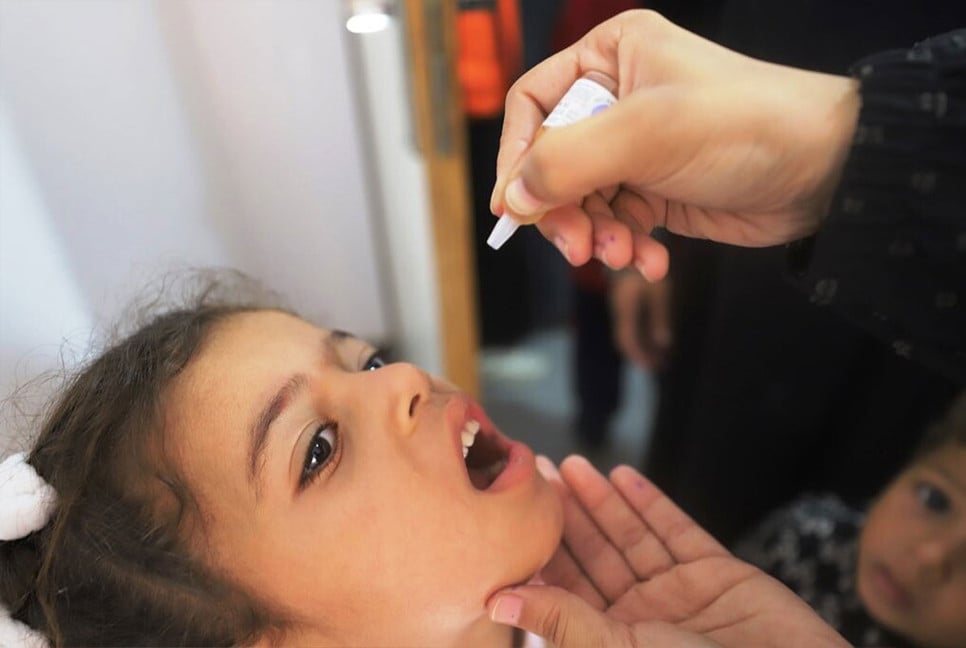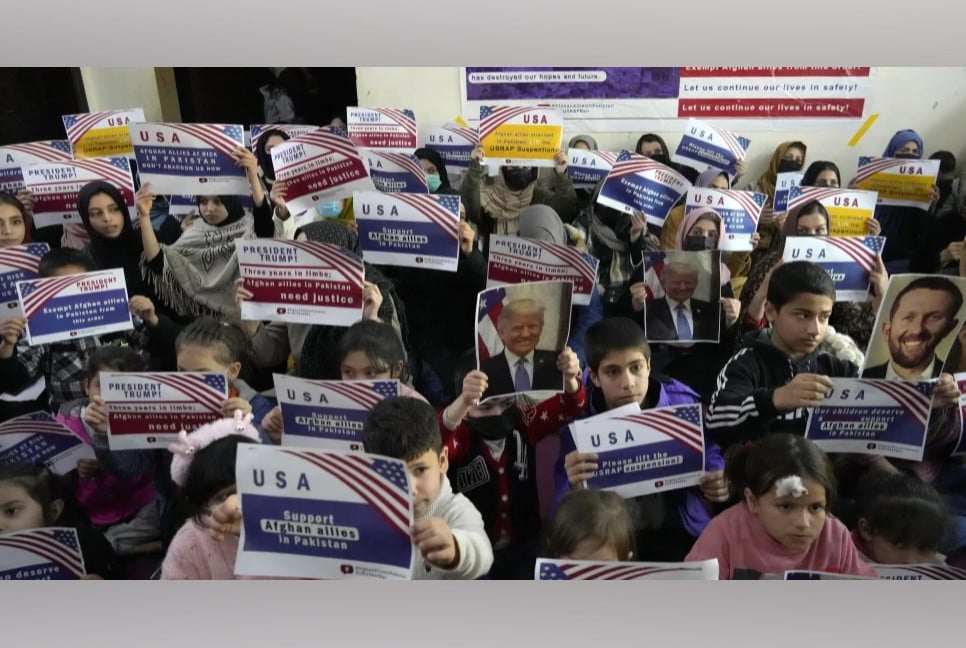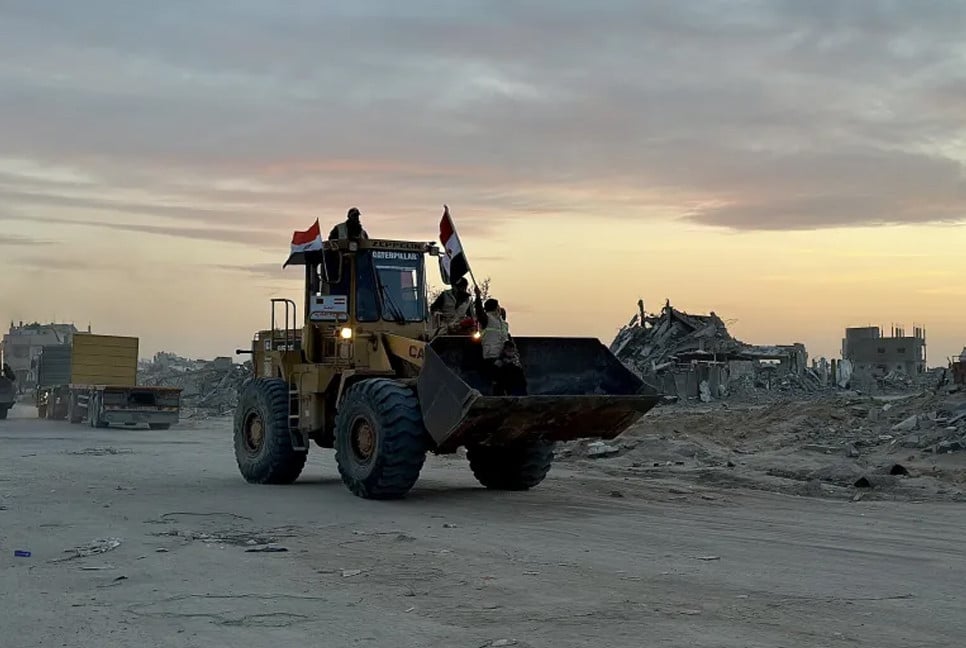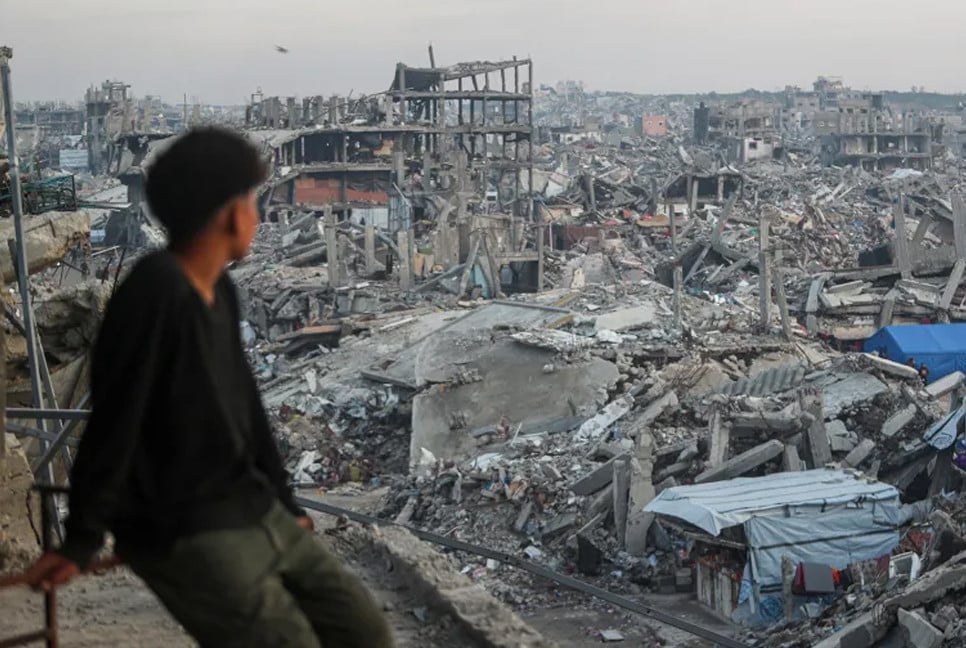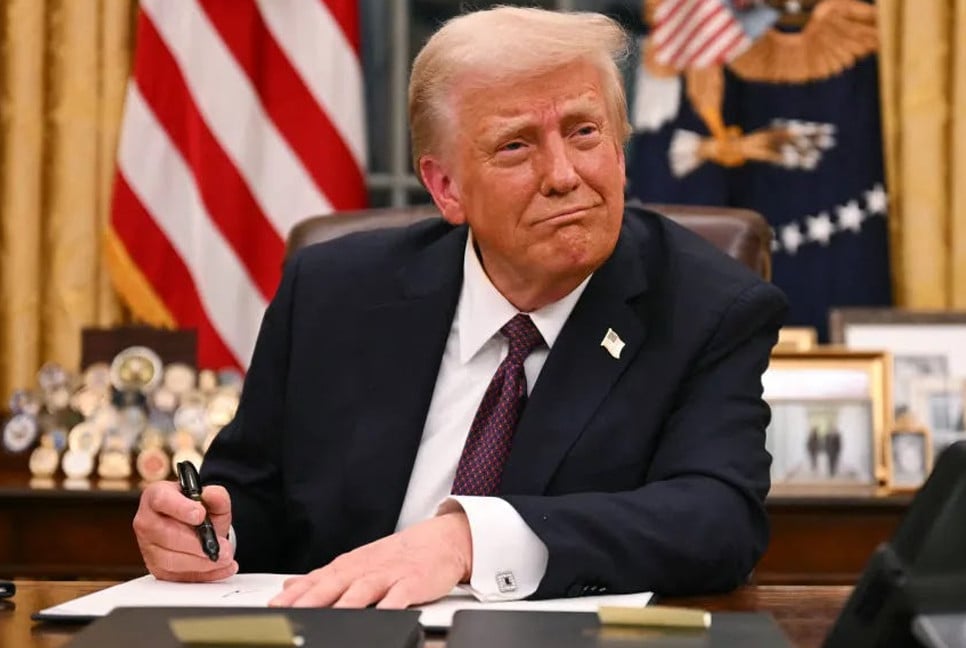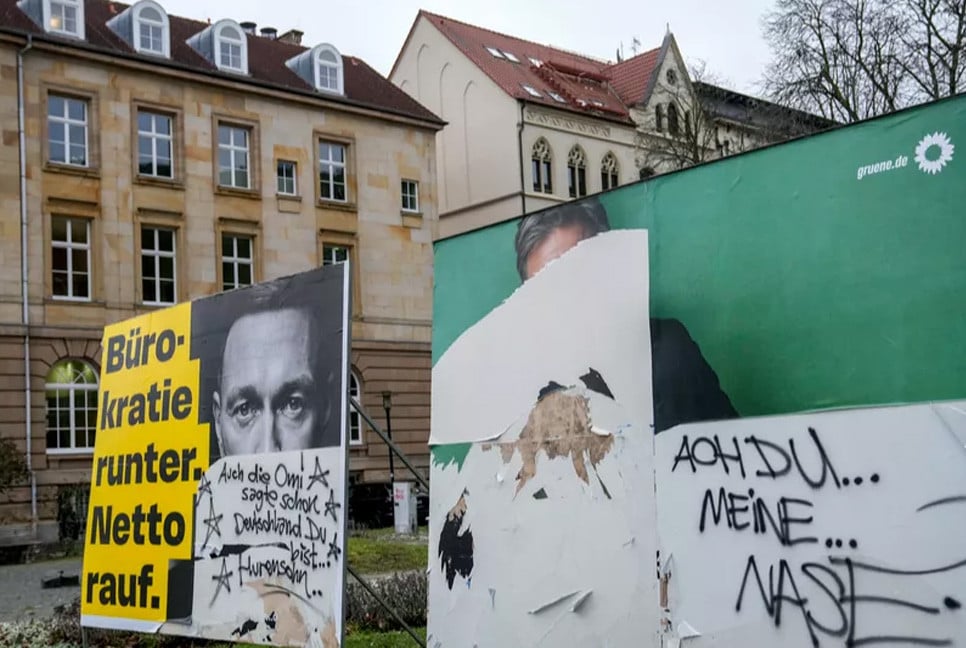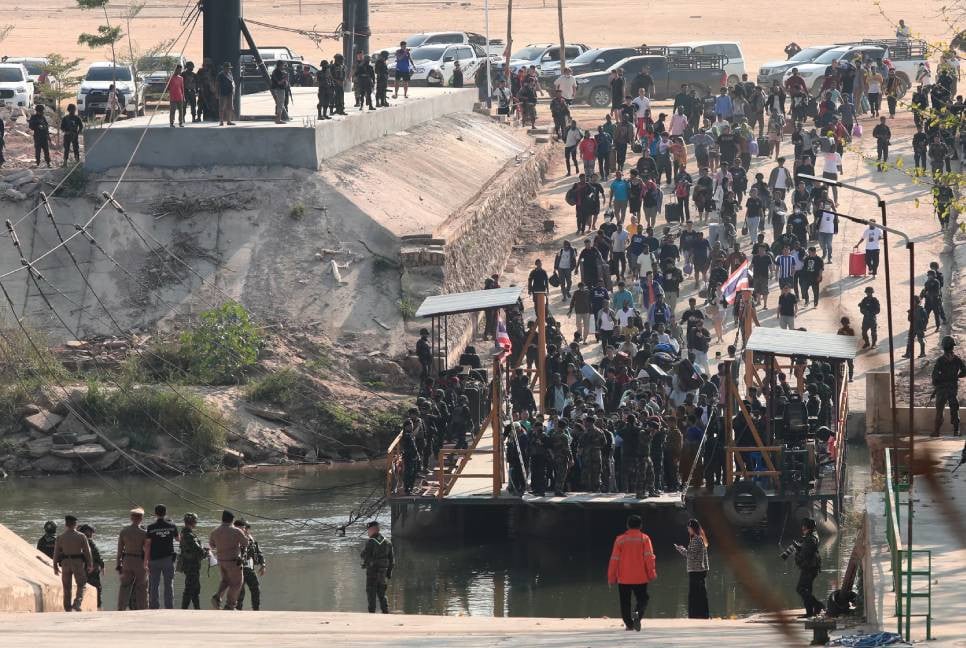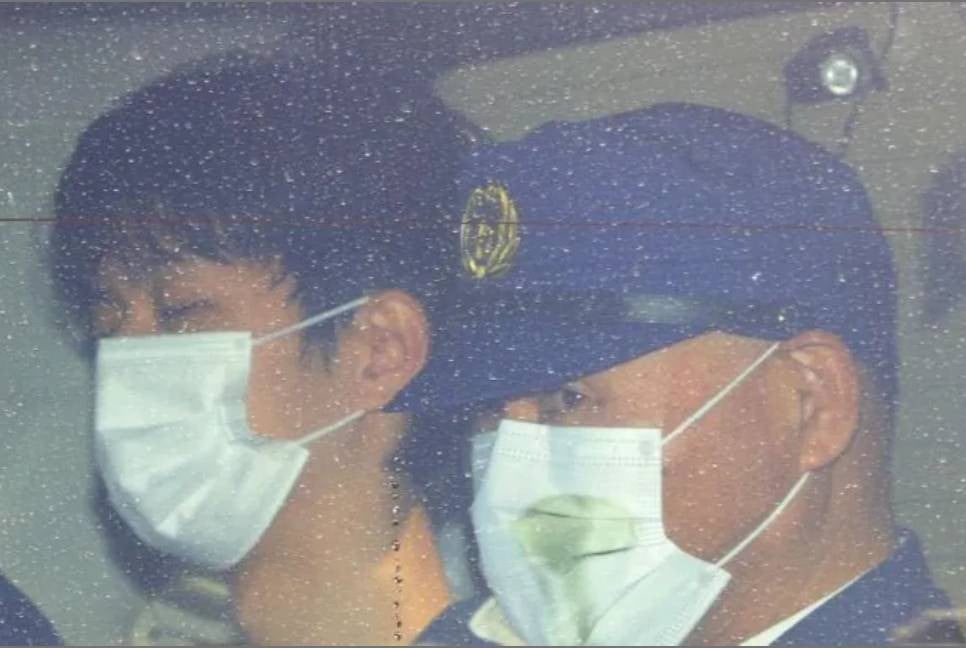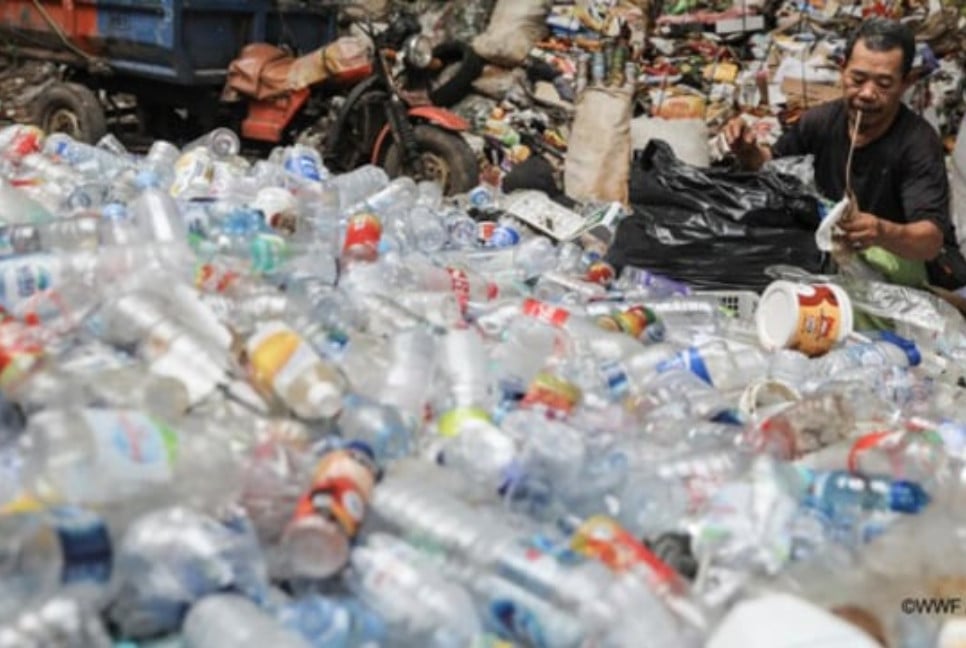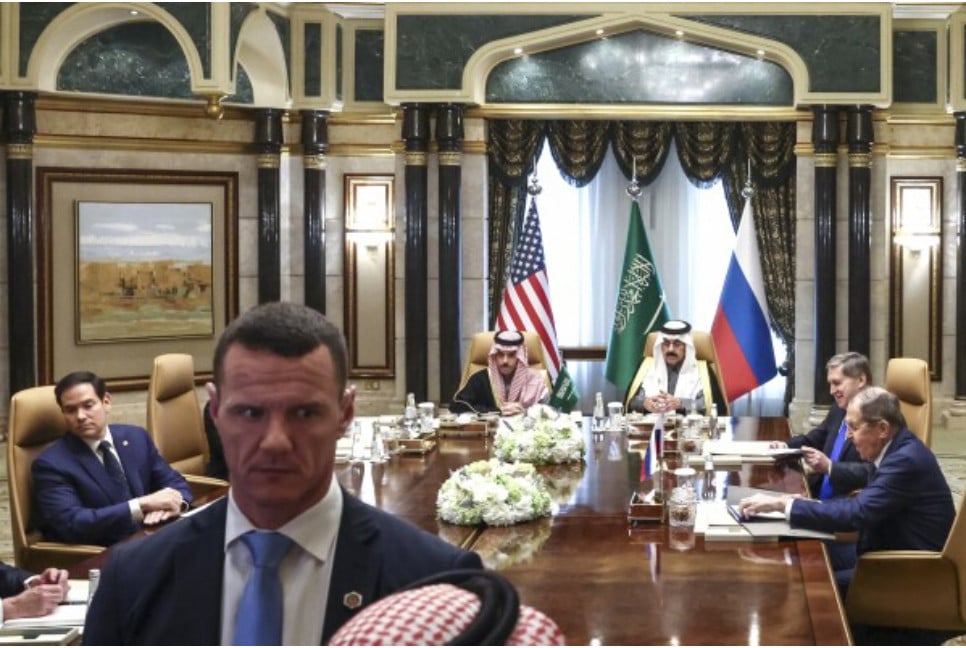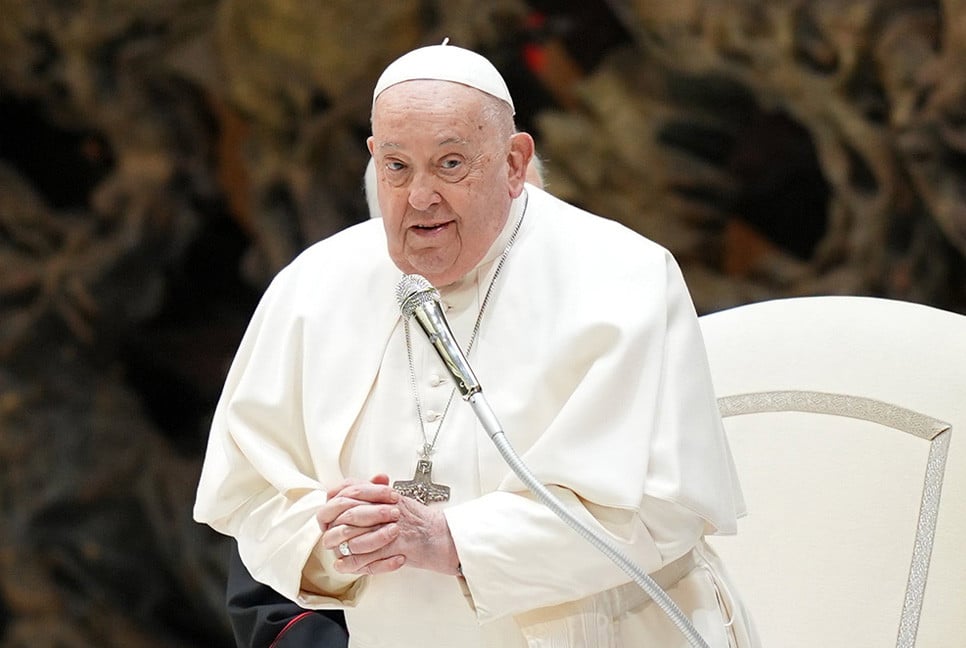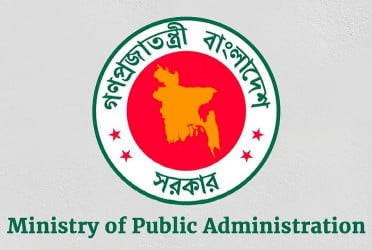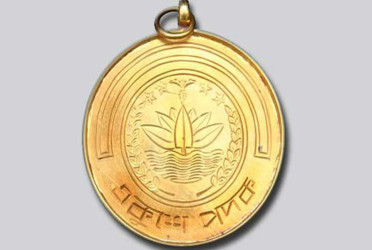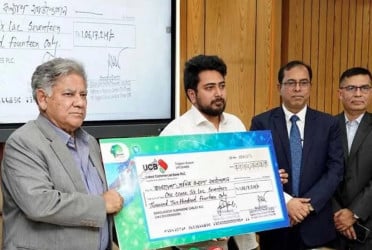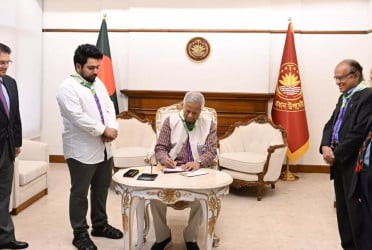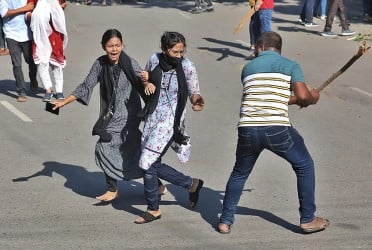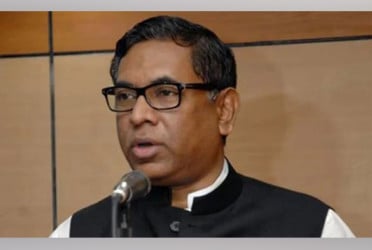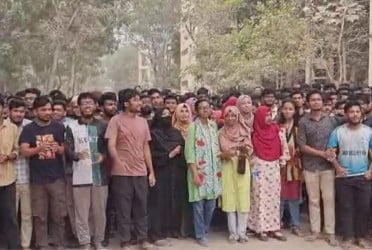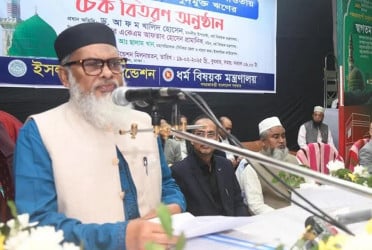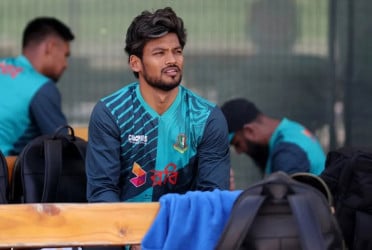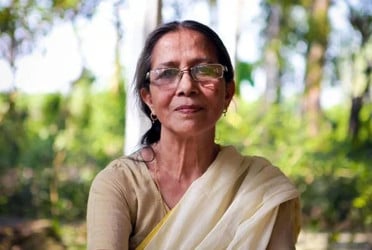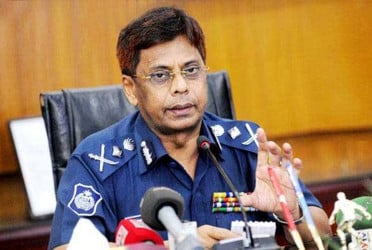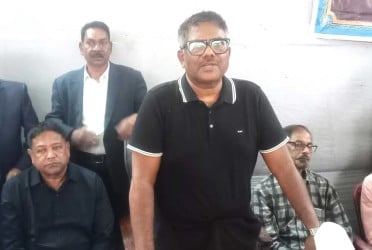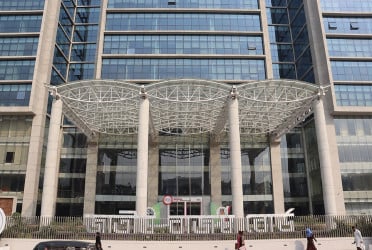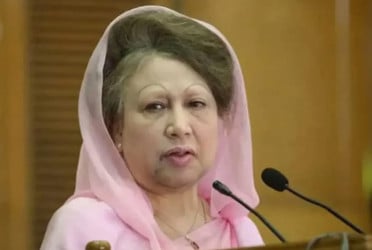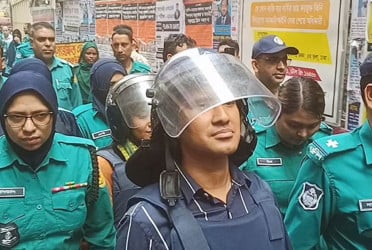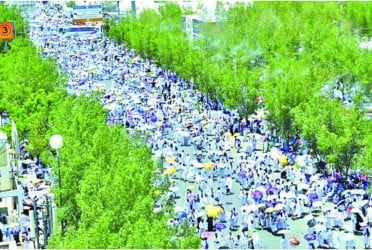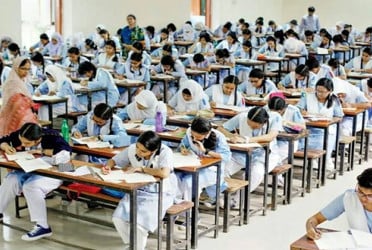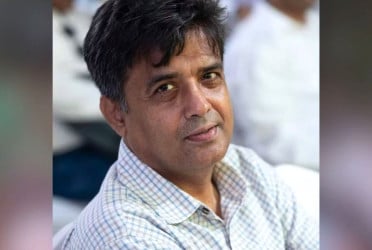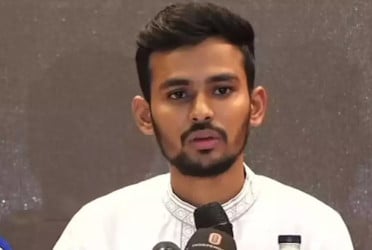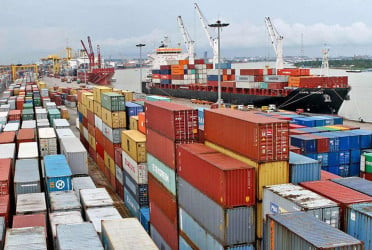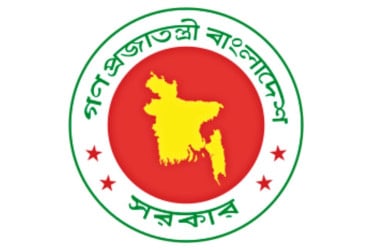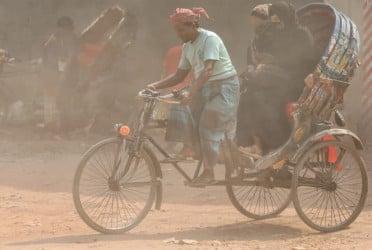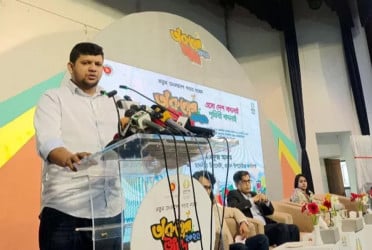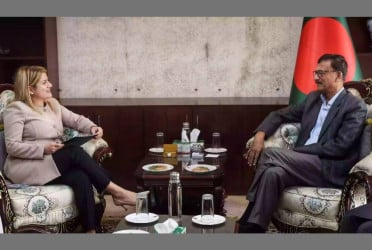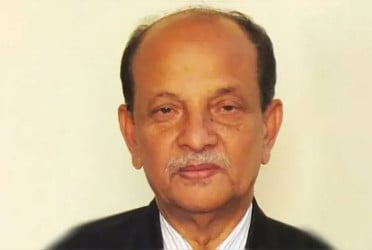Ukraine has always called its areas under Russian control “temporarily occupied territories,” insisting it will eventually regain control over them. But that hope is being crushed now. This week, US President Donald Trump suggested it was “unlikely” Ukraine would get back much of its occupied land in the peace negotiations he intends to hold with Russian President Vladimir Putin.
Trump’s comment came after he held a 90-minute phone call with Putin on Wednesday, and it sparked panic across the country, where few believe Putin would negotiate in good faith, reports CNN.
Yuliya Kazdobina, a foreign policy expert at Ukrainian Prism, a think tank, said she doesn’t believe the Russian leader wants peace.
“We already had so many years of negotiations with the Russian side,” she said.
Russia has a history of striking and violating agreements with Ukraine going back decades. In 1994, Ukraine agreed to give up its nuclear weapons in exchange for guarantees from the United States, United Kingdom and Russia that they would respect Ukraine’s sovereignty and territorial integrity.
In 2015, after illegally annexing Crimea and sparking the conflict in eastern Ukraine, Moscow signed a ceasefire agreement only to then repeatedly violate it and then launch a full-scale invasion of Ukraine seven years later.
“We know that Russia is very duplicitous, and they can play nice, but when it comes to actually making concessions and making peace, they never… make any concessions,” Kazdobina told the media.
Ukraine’s President Volodymyr Zelensky responded to the Trump-Putin call by saying his country would not accept a peace deal struck between the US and Russia without Kyiv’s involvement.
“As an independent country we simply cannot accept any agreements without us. And I articulate this very clearly to our partners. We will not accept any bilateral negotiations on Ukraine without us,” Zelensky said, adding that the fact that Trump spoke to Putin first was “not pleasant.”
And Ukrainians seem to agree with their leader. Speaking to CNN in Kyiv, student Nazar Voloshenko said that any talks that could lead to Ukraine losing further territory would be disastrous for the country.
“We may be left without the currently temporarily occupied territories, without parts of the Kherson region, Zaporizhzhia region and the long-suffering Crimea,” he said. “We must take back what is rightfully ours.”
Russian forces currently occupy nearly 20 percent of Ukraine’s territory, up from the roughly 7 percent it controlled before launching its unprovoked full-scale invasion nearly three years ago.
According to Ukrainian officials, some 6 million people, including 1 million children, live under Russian occupation, in what the United Nations has described as a “bleak human rights situation.”
Crimea has been under Russian control since Moscow illegally annexed it in 2014. Since then, Russia has imposed a brutal and repressive regime, stomping out any sign of opposition.
Maksym Vishchyk, a lawyer at Global Rights Compliance, a non-profit that advises the Ukrainian authorities on investigating and prosecuting international crimes, said Moscow has repeated the same pattern across other occupied territories.
“When Russia occupied the Crimea peninsula, it commenced a campaign of systematic targeting of communities or individuals it perceived as those who became an obstacle in the Russification campaign … with devastating effects on the social fabric in general, but also communities, families and individuals,” he told the media.
“And Crimea has been kind of their playbook. Policies and patterns and tactics (Russia) applied in Crimea were then applied as well in other occupied territories. So, we see essentially the same patterns in all occupied territories, both since 2014 and since 2022.”
The UN Human Rights Monitoring Mission in Ukraine has repeatedly reported the myriad human rights violations committed by Russia in occupied Ukraine – from unlawful detentions to sexual abuse to forcing people to accept Russian citizenship and sending their children to Russian schools and training programs.
Bd-pratidin English/Tanvir Raihan

